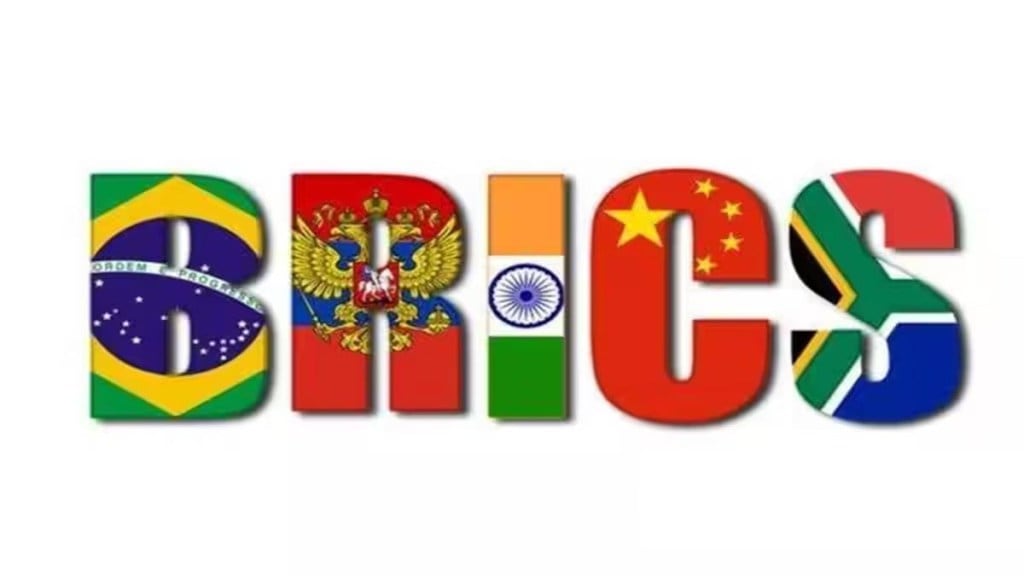In a highly anticipated gathering, the BRICS National Security Advisors (NSA) conference is taking place in Johannesburg on Monday-Tuesday 9July 24-25), bringing together key leaders from Brazil, Russia, India, China, and South Africa.
The summit’s agenda encompasses pressing global concerns, including the conflict in Ukraine, Indo-Pacific issues, religious radicalism, and terrorism. Also, The meeting will deliberate on key issues such as promoting true multilateralism, addressing traditional and non-traditional security threats, and coordinating development for the mutual benefit of member nations and the international community. One critical proposal under consideration is to establish a coordinated security response mechanism within BRICS, signifying a collective approach to safeguarding the interests of the alliance.
NSA Doval’s meeting with his Chinese Counterpart
India’s National Security Advisor Ajit Doval, is expected to hold significant meetings with top Chinese official Yang Jiechi and Russian Security Council Secretary Nikolai Patrushev, alongside others. Tahnoun bin Zayed Al Nahyan of the UAE and Musaad bin Mohammed Al Aiban of Saudi Arabia who have received special invitations will be attending the two day NSA level meeting.
Given the backdrop of the PLA’s aggression in East Ladakh in May 2020, the exchanges between NSA Doval and Yang Jiechi hold particular importance. Reports suggest that bilateral discussions will cover various aspects under the BRICS umbrella. However, resolving the issue of de-escalation in the western and eastern sectors of the LAC might prove challenging, as the PLA has yet to withdraw its six combined military battalions deployed during the 2022 National Party Congress.
The ongoing conflict in Ukraine and its implications on the world economy will also be on the table for discussion between NSA Doval and national security advisers from Russia, the United Arab Emirates, and Saudi Arabia. Additionally, Doval plans to update Patrushev on the current conditions in East Ladakh and the Indo-Pacific.
Afghanistan’s politically unstable state and its impact on terrorism from the Af-Pak region will receive significant attention during the BRICS NSA summit. The leaders will collectively assess potential approaches to address this growing concern.
Amidst the preparations for the summit, a decision will be made whether the meeting will be conducted in person or through a digital video conference. Russian President Putin has already confirmed his absence from the BRICS summit in August.
With topics ranging from regional security to economic stability, the BRICS NSA summit holds the potential to drive positive change and enhance cooperation among the member states.
Background
Since its inception in 2009 by Russia, the BRICS NSA meeting has served as an important platform for member nations to foster cooperation across various domains, such as political security, diplomacy, cyber security, energy, and bio-security.
According to a former diplomat, a pivotal move by the BRICS countries has been their decision to reduce reliance on the US dollar in their trade activities, commonly referred to as “de-dollarization.” This shift has the potential to weaken the global standing of the US dollar, which had been a cornerstone of US power in international affairs. The BRICS bloc, along with other nations like India and Saudi Arabia, has been actively seeking alternative currencies for bilateral trade.
The ongoing NSA meeting also takes place amid rising tensions between the US and China, with Taiwan serving as a point of contention. The US’s actions have strained bilateral relations, leading China to defend its core interests strongly. China’s high-level participation in the meeting underscores its significance in shaping the future trajectory of the BRICS alliance.
South Africa, as the host of the 2023 BRICS heads of state summit, has been actively engaging in discussions concerning the expansion and size of BRICS. The bloc has received interest from several countries, including Saudi Arabia, Iran, Venezuela, Argentina, and Egypt, signifying its growing influence on the global stage.
With China and Russia being permanent members of the UN Security Council, possessing veto power, BRICS holds a unique advantage in shaping international resolutions that align with their shared interests. This positions the alliance as a formidable force that can challenge the existing confrontational world order dominated by wealthier states from the global north.
As the NSA meeting unfolds, the world watches with anticipation to witness how BRICS reaffirms its commitment to true multilateralism, economic unity, and cooperative security. With each member country bringing its strengths to the table, the bloc has the potential to emerge as a powerful and influential player in global affairs. Through strategic collaboration and collective action, BRICS is paving the way for a more equitable and balanced international order.

